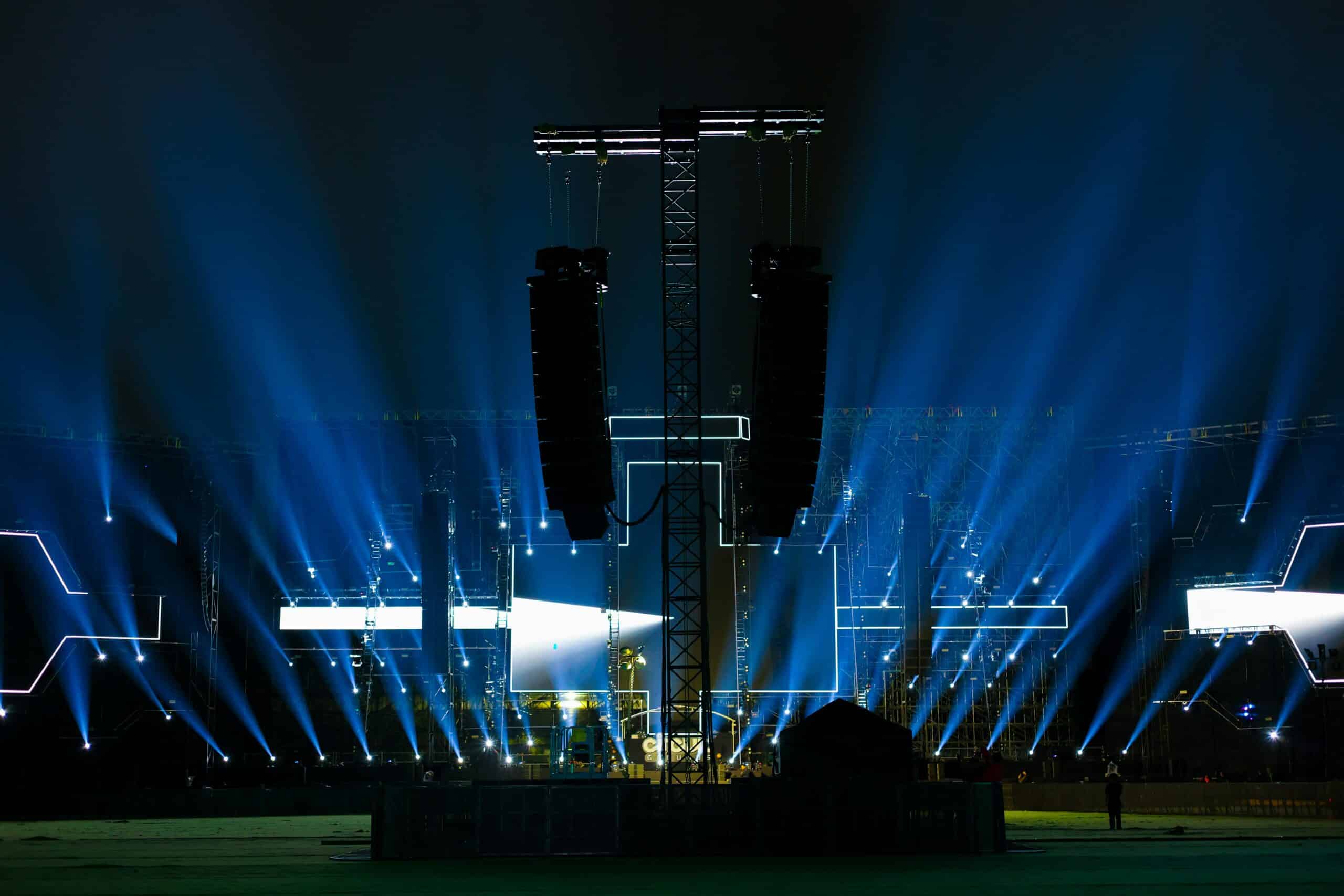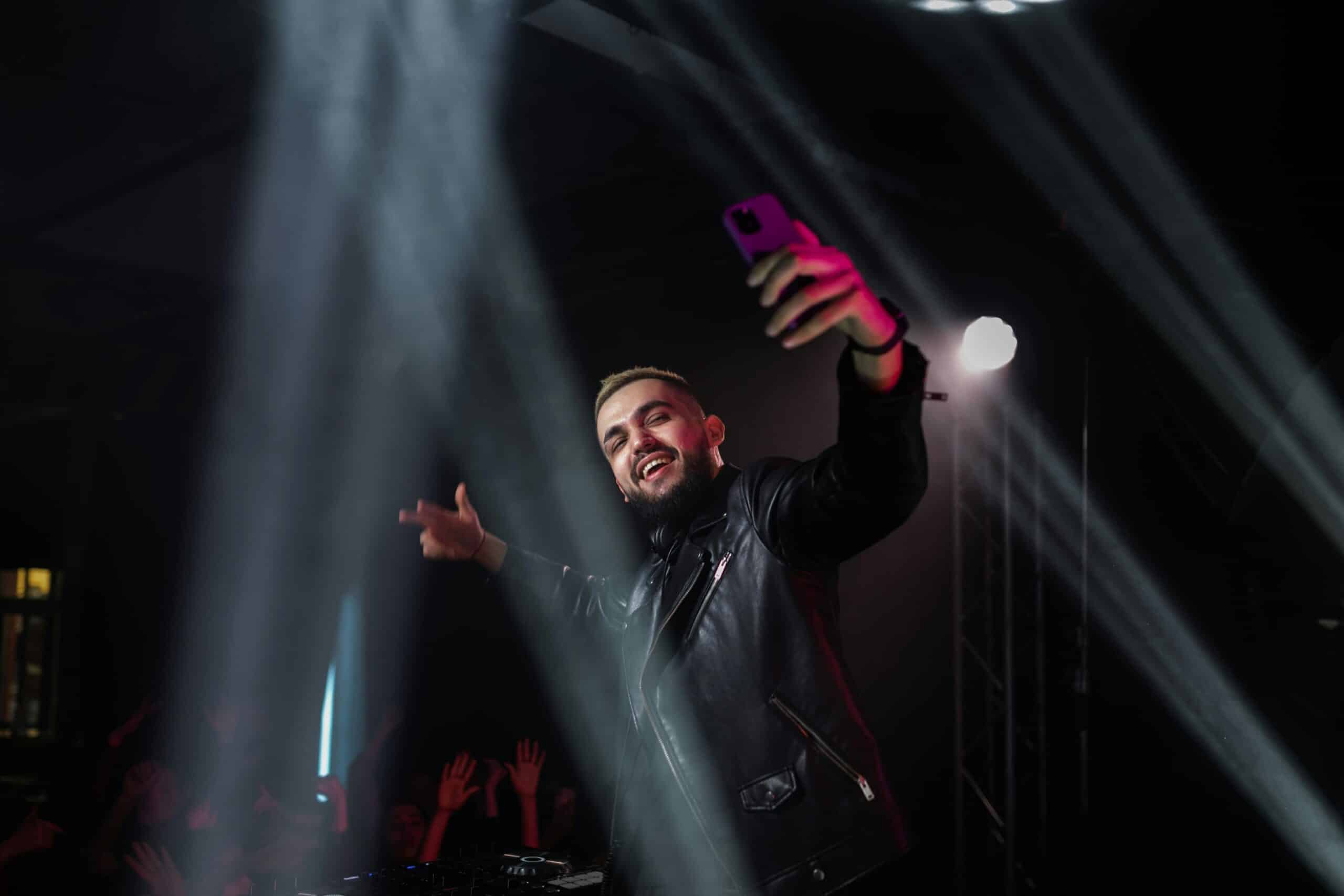What is Experiential Marketing?
Effective Experiential Marketing Campaigns
Some of the most successful campaigns focus on blending creativity with consumer interaction. Key examples include:
- The Coca-Cola Happiness Machine: This vending machine surprised users by delivering free sodas, flowers, or pizzas instead of just beverages, creating moments of joy that were widely shared on social media.
- Mercedes-Benz Augmented Reality Showroom: This virtual platform allows customers to explore vehicles in a fully immersive digital environment, offering 360-degree views and detailed customization options, bringing luxury to the fingertips of consumers.
- Nike By You: Nike’s customization experience, which enables customers to create unique products, exemplifies how personalized interactions can drive brand loyalty.
How Digital Marketing Enhances Experiential Strategies
Partnering with Towerhouse Global for Experiential Success
Key Takeaways for Brands
Experiential marketing is an ever-evolving field, with opportunities to incorporate emerging technologies like augmented reality, virtual reality, and AI. Brands looking to stand out should focus on creating interactive, authentic experiences that resonate with their target audience. By doing so, they can not only captivate their customers but also encourage organic buzz and advocacy.
For businesses ready to innovate, Towerhouse Global offers the tools and creativity necessary to bring extraordinary experiential campaigns to life. Whether through immersive pop-ups, interactive digital platforms, or engaging live events, Towerhouse can help turn ideas into impactful brand stories.
By combining creativity with strategic execution, brands can ensure their marketing campaigns leave a lasting legacy, just like the world-class examples seen in Coca-Cola’s campaigns and beyond.






